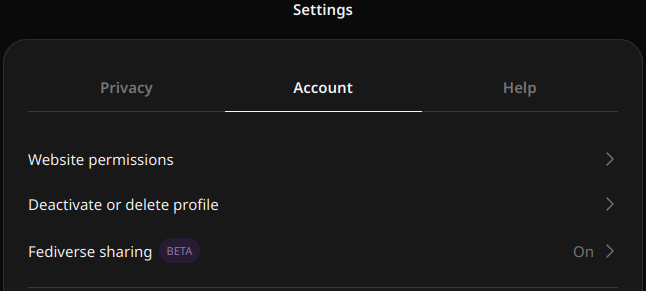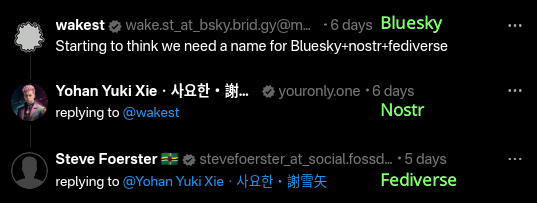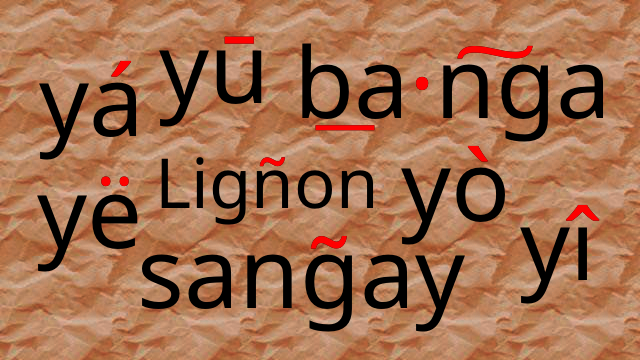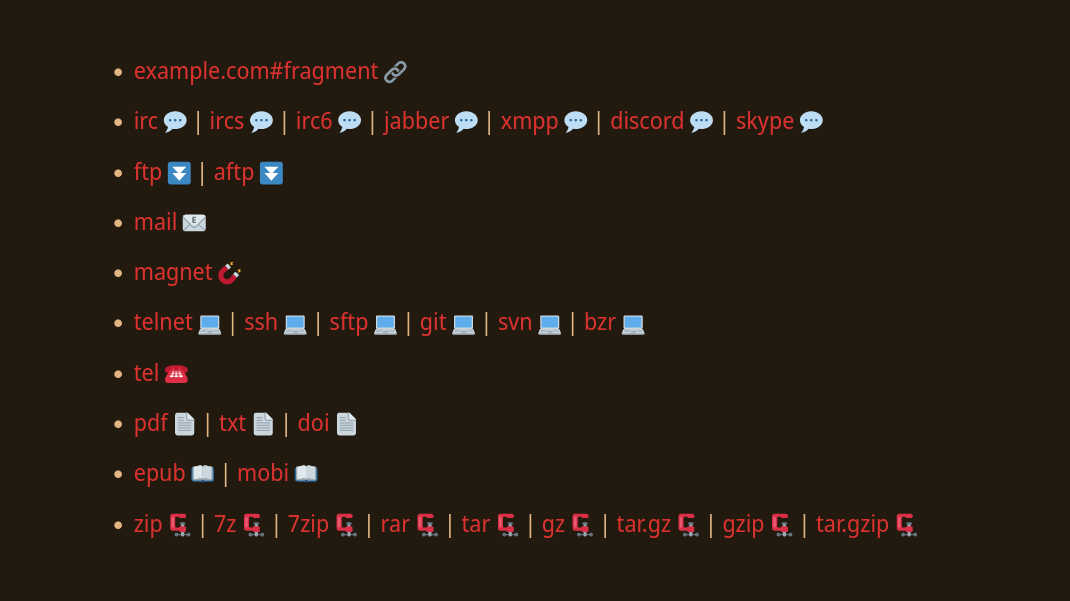
techmagus

Reach a wider audience with Fediverse Threads!
Earlier today, Meta’s Threads.net microblogging social network rolled out its much-anticipated Fediverse feature to over 100 countries (except for European Union members), including many in the Asia-Pacific region. If you’re keen on expanding your audience as a content creator, or as a content consumer you want to follow content creators without creating yet another account, activating this feature is highly recommended.

SNS, social media terminologies explained
Have you come across terms like “Social Web”, “Mycelial Web”, “Fediverse”, “Threadiverse”, “Mycelium network”, “Nostr”, “ATproto”, “ActivityPub”, and “DDFON”? They can sound quite techie and confusing. Today, let’s demystify them!

Poll: Which markup language do you use and why?
I mostly use Markdown, but I have also been considering learning Org-mode. Other than Markdown, Org-mode, and good old plaintext—which is not a markup language per se—there are also AsciiDoc and LaTeX, to mention two. I was curious if it is worth learning a new markup language, and what other people use. Was it easy for them to learn a new markup language? Are they using it for writing research papers, blogging, emails, and taking down notes?
No better way to find out other than by making a poll and asking the fediverse community!

Styling diacritics
If you are wondering if there is a way to add a colour to diacritical marks, also called accent signs, then you are in the right place! Why? Because the answer is, yes, and I will show you how.

The federated SNS timeline (a fediverse history)
In a fast-paced world like what we have today, recording events is often forgotten. This is especially true in the digital era, wherein we assume that every piece of information will remain available indefinitely, and archived somewhere. Unfortunately, that is not the case at all. Sites, portals, databases, even software repositories, all come and go. If no one kept a copy, the information is gone forever.

Naver Whale, a better Chromium-based browser
There are many browsers based on Chromium like Google Chrome, Microsoft Edge, and Samsung Internet, to mention a few. Of all that I have tried, there is one I only recently discovered and immediately fell in love with, Naver Whale (네이버 웨일).

How-To add link icons in Hugo markdown links
Link icons are great. It signals to the reader what a link is. It is external? Or perhaps a video? If the link is clicked, will it start a download or will it open the default mail program? Link icons also helps a developer or content creator to easily find links, or the lack thereof.

How-To add cross reference in Hugo markdown links
One of the less commonly used feature of Hugo is render hooks. In this post, we are going to use render hooks to add internal cross reference support to Markdown’s default way of creating links: [text](https://example.com#fragment "Title").

The YOOki Chronicles is Yohan Yukiya Sese-Cuneta’s return into casual and personal blogging. The name “YOOki” is a mash-up of the acronym of YourOnly.One and my nickname ᜌᜓᜃᜒ (Yuki・雪矢).
Interestingly, according to Chinese legend,
.1柳
(YOO) is an ancient Chinese surname. The ancestors of the surname were closely linked with the ancient sage-king named Yu Shun. In Korea, the 유
(YU) lineage traces to the Xia, Han, and Joseon dynasties. Holders of the surname Yu or Yoo had a reputation for charity and diligence
It is also the word for “willow” or the “willow tree” which means graceful or slender; and a tree growing near a body of water which provide continuous nourishment and resources for everyone. It can also mean to exist, an oil (anointment(?)), and simply as “U” (you).
The Hanzi 紀
(ki) character means to record, be disciplined, provide order. While the Hangeul equivalent, 키
(ki), means energy, spirit, a banner, and a period of time; and is also a suffix used to make a gerund or an infinitive.
